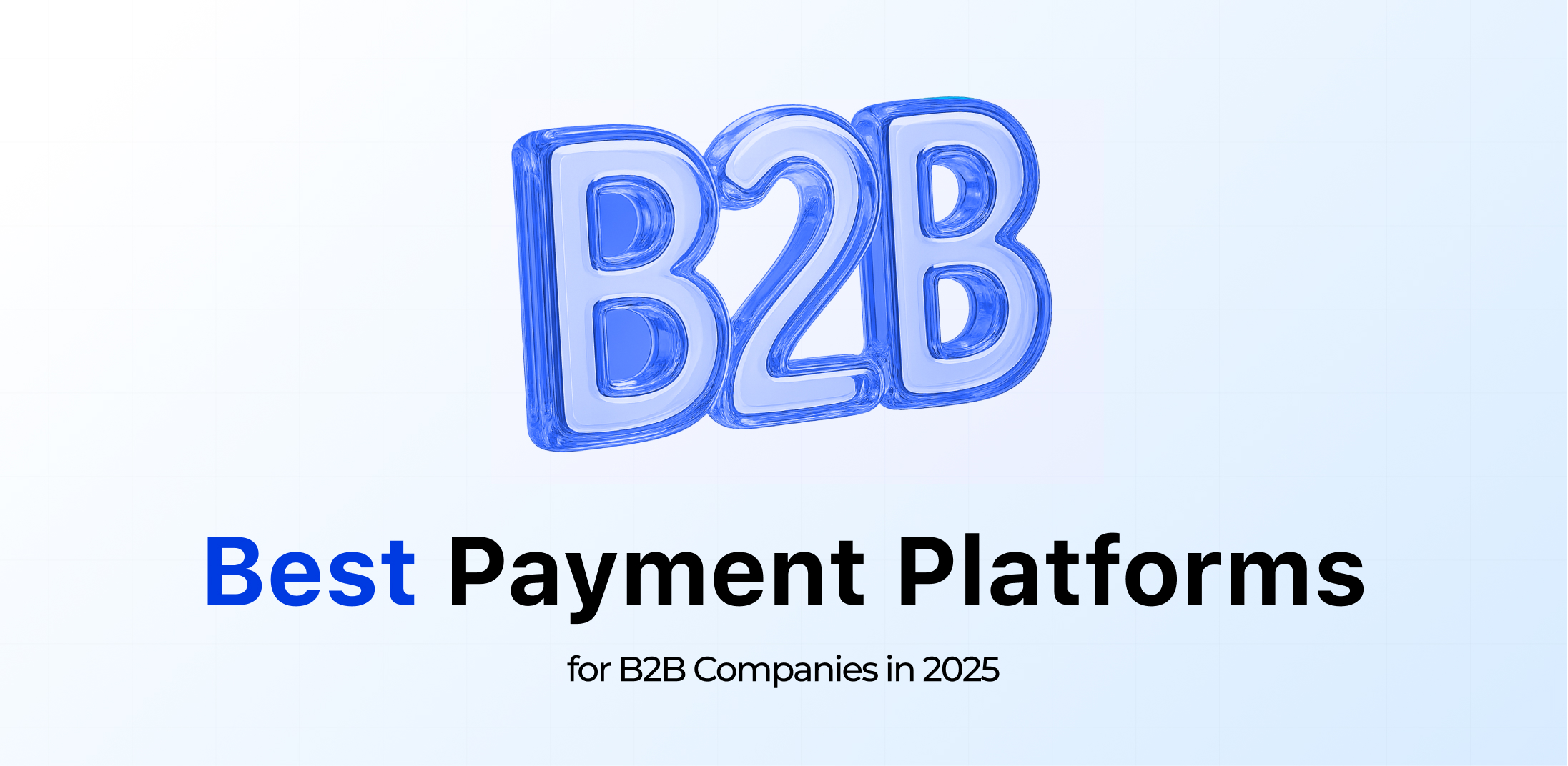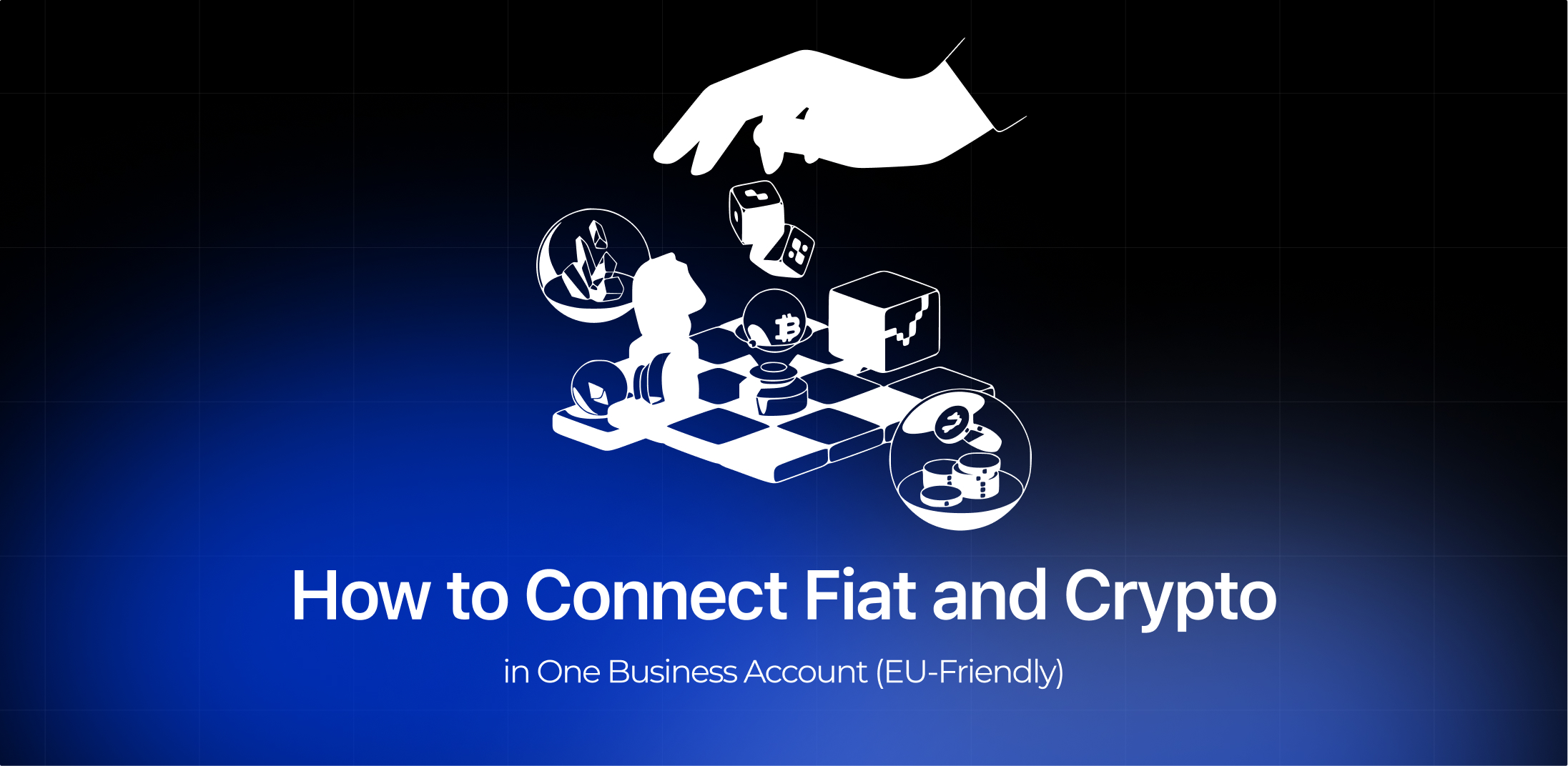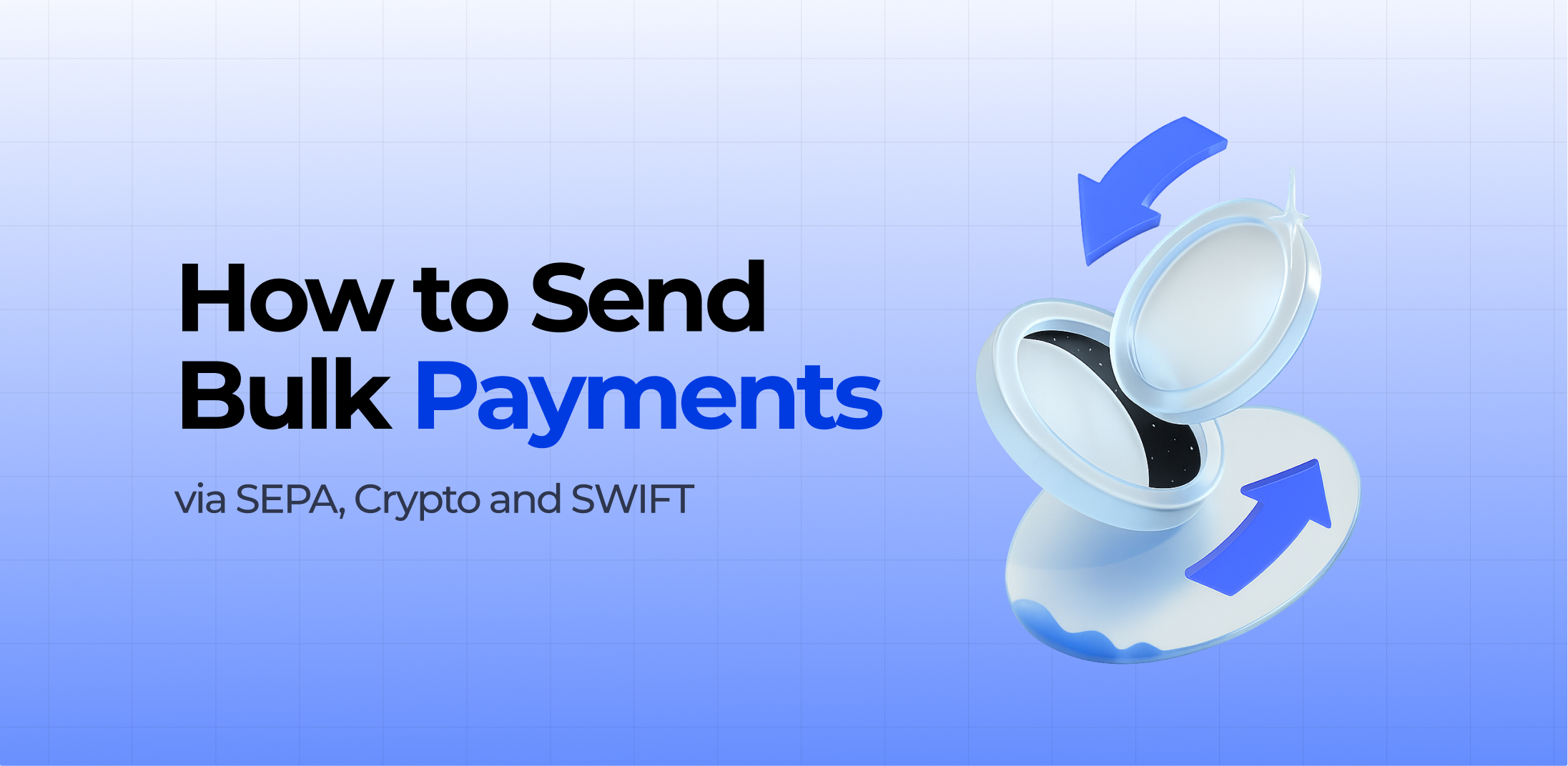In the dynamic world of business in 2025, the need for efficient and reliable B2B payment processes has become more critical than ever. As companies continue to expand globally and adopt digital-first strategies, having seamless, secure, and scalable financial operations is essential. Modern B2B payment platforms are now at the core of how organizations manage cross-border transactions, optimize cash flow, and foster international business relationships.
The landscape of B2B payments is undergoing a significant transformation, fueled by advancements such as instant payment technologies, blockchain innovation, and intelligent automation. Traditional banking methods and manual payment systems are quickly being replaced by integrated platforms that deliver real-time processing, enhanced transparency, and greater operational efficiency. Businesses now expect features like automated workflows, smart contracts, and robust fraud detection to be built-in.
Choosing the right B2B payment platform requires careful consideration of several key factors:
- transparent pricing;
- low foreign exchange costs;
- seamless ERP connectivity;
- full regulatory compliance with KYC and AML standards.
A top-tier solution should also support multi-currency transactions and grow alongside the company. One standout in this evolving space is PaySaxas, a cutting-edge platform offering both crypto and fiat capabilities. With tools like dedicated IBANs, stablecoin integration, and ultra-fast international settlements, PaySaxas is setting a new benchmark for B2B payment innovation in 2025.
Key Features to Look for in a B2B Payment Platform

Selecting an effective B2B payment platform is a critical step for companies looking to expand and manage operations across international markets. In the increasingly interconnected global economy of 2025, businesses need more than simple payment tools—they require robust, flexible, and secure platforms designed to handle international payments for business with ease and reliability.
From processing vendor invoices to executing mass payouts or managing overseas payroll, the ideal payment solution can simplify financial workflows, cut operational costs, and minimize human error. As technology evolves and regulatory expectations rise, it’s more important than ever to adopt a platform that offers more than just basic speed—it must deliver comprehensive functionality and compliance.
Today’s top-tier B2B platforms are expected to support multiple currencies, enable automation of routine tasks, offer live foreign exchange rates, and ensure full regulatory alignment. These features not only streamline transactions but also help protect businesses from risk and inefficiencies. Up next, we’ll explore the essential features to look for when selecting a B2B payment platform built for global business success.
Multi-Currency Support & FX Optimization
A strong B2B payment solution must enable businesses to send and receive payments in a wide range of currencies, ensuring smooth international operations. This flexibility is vital for efficient B2B money transfer across diverse markets.
The ideal platform should offer favorable exchange rates and instant currency conversion to help lower transaction costs and maintain budget clarity. With optimized FX features, companies can improve cross-border payment performance while mitigating the risks associated with volatile exchange rates.
Automation and ERP Integration
Smooth compatibility with accounting tools such as QuickBooks, Xero, and NetSuite is a must-have feature for today’s B2B payment platforms. Automating payment workflows not only eliminates the need for repetitive manual input but also reduces the likelihood of errors and speeds up financial operations.
Real-time syncing of payment data enhances visibility and helps businesses make informed decisions. Strong ERP integration ensures reliable and consistent financial management across all transactions, supporting long-term operational efficiency.
Security and Compliance
Leading B2B payment platforms emphasize rigorous compliance with KYC (Know Your Customer) and AML (Anti-Money Laundering) regulations to meet legal requirements. They are also fully compliant with PCI DSS standards, ensuring secure management of payment information.
Enhanced fraud detection systems and robust encryption technologies safeguard sensitive data, protecting transactions against cyber threats. These security protocols are vital for building trust and reducing risks in all international payment operations.
Transparent Pricing and Low Fees
Understanding the pricing model is essential when selecting a B2B payment platform. While some providers apply flat transaction fees, others calculate charges as a percentage of the payment amount, which can fluctuate depending on the transfer size.
It’s equally important to be aware of any expenses, including setup fees, currency exchange surcharges, or recurring monthly costs. Clear and upfront pricing enables businesses to better manage budgets and prevent unforeseen charges from affecting profitability.
Top 7 Payment Platforms for B2B Companies in 2025
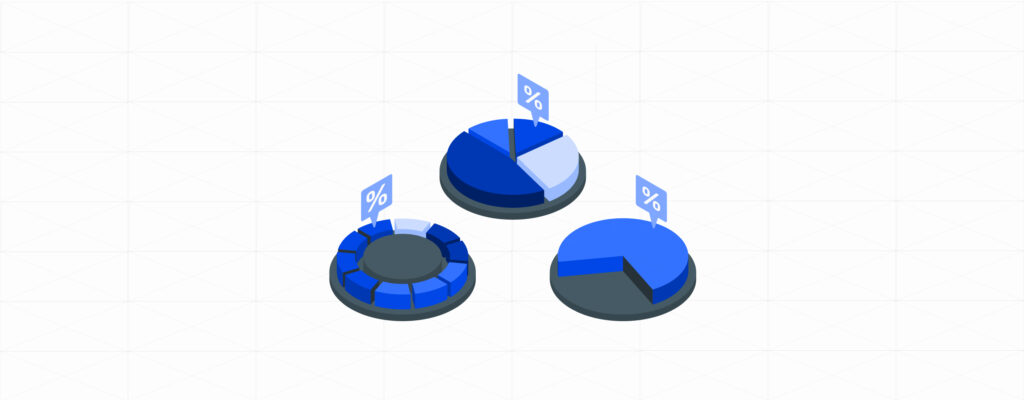
As B2B transactions grow more intricate and global in scope, selecting the ideal payment platform is crucial to your company’s financial health. In 2025, businesses require more than just basic payment processing. They need fast, secure, automated solutions with seamless international functionality. With a wide array of options available, pinpointing the perfect platform to match your specific requirements can be challenging.
To simplify your decision-making, we’ve compiled a list of the top 7 payment platforms known for their innovation, dependability, and rich feature sets designed specifically for B2B enterprises. Whether your priorities include sophisticated multi-currency handling, advanced automation, or strong compliance measures, these platforms provide the flexibility and efficiency necessary to drive your business forward in today’s competitive environment. Let’s explore the frontrunners redefining the future of B2B payments.
1. PayPal for Business
PayPal for Business provides a reliable and globally recognized payment solution, featuring simple invoice management and broad international acceptance.
Key features: Worldwide reach, buyer and seller protection, invoicing capabilities, support for multiple currencies.
Benefits: Quick setup, robust security measures, large customer network.
Ideal for: Small to mid-sized companies looking for dependable and easy-to-use payment options.
Cost: Fees begin at 2.9% plus a fixed amount per transaction, with extra charges for cross-border payments.
2. Payoneer
Payoneer is an international payment solution recognized for its competitive foreign exchange rates and smooth cross-border transactions, widely favored by freelancers and global businesses.
Key features: Supports cross-border payments, low FX costs, multi-currency wallets, bulk payouts.
Benefits: Cost-effective currency conversions, broad global reach, excellent support for freelancers.
Ideal for: Freelancers, small to medium enterprises, and organizations handling frequent international payments.
Fees: No setup charges; currency conversion fees generally range between 0.5% and 2%.
3. Wise Business (formerly TransferWise)
Wise Business delivers affordable, transparent international payment solutions featuring multi-currency accounts and convenient batch payment capabilities.
Key features: Clear pricing, multi-currency wallets, bulk payments, up-to-date exchange rates.
Benefits: Competitive fees, quick transfers, intuitive platform.
Ideal for: Companies seeking cost-effective, transparent international transactions.
Cost: Pricing depends on currency and method, generally lower than banks, combining a small fixed fee with a percentage of the transfer value.
4. PaySaxas
PaySaxas is an innovative payment solution built to facilitate smooth B2B transactions using both cryptocurrency and fiat currencies, ensuring quick and secure international transfers.
Key features: Dedicated IBAN accounts, stablecoin compatibility, fast settlement times, multi-currency wallet support.
Benefits: Integrates crypto and fiat seamlessly, offers low-cost fees, scalable for expanding global enterprises.
Ideal for: Businesses seeking streamlined cross-border payments with crypto capabilities.
Pricing: Transparent, competitive fees based on transaction size and currency type.
5. Airwallex
Airwallex provides a modern global payment solution tailored for growing businesses, combining FX efficiency, virtual card issuance, and developer-friendly APIs for seamless international transactions.
Key features: Global multi-currency wallets, dynamic FX rate optimization, virtual cards, programmable payment flows.
Benefits: Low FX costs, robust API tools, ideal for cross-border scaling.
Ideal for: Global startups, fintechs, and API-first businesses.
Pricing: Usage-based pricing with low FX spreads, detailed cost transparency.
6. Stripe
Stripe offers a robust payment infrastructure tailored for SaaS and B2B businesses that need customizable, API-driven payment solutions with built-in invoicing and subscription management.
Key features: Advanced APIs, global payment support, recurring billing, integrated invoicing.
Benefits: Highly flexible for developers, ideal for scaling recurring payments, broad international capabilities.
Ideal for: SaaS platforms and digital businesses seeking fully customizable payment tools.
Pricing: Standard rate of 2.9% + 30¢ per transaction; negotiable pricing available for larger volumes.
7. Bill.com
Bill.com specializes in automating accounts payable and receivable processes, making it an excellent choice for U.S.-based businesses aiming to simplify invoicing and improve cash flow management.
Key features: Automated AP/AR workflows, invoice processing, ACH payments, seamless integration with QuickBooks and Xero.
Benefits: Efficient automation, strong compatibility with accounting tools, straightforward bill tracking.
Ideal for: Small to medium-sized businesses and finance teams seeking streamlined payment automation.
Pricing: Starts at approximately $45 per user per month, with extra charges for cross-border payments.
Emerging Trends in B2B Payments in 2025
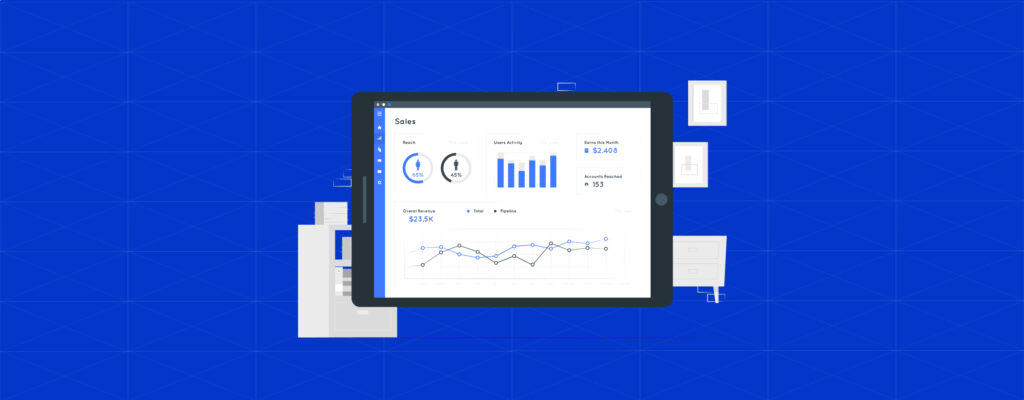
In 2025, the B2B payments landscape is undergoing significant transformation fueled by advancements that prioritize speed, security, and operational efficiency. Instant or real-time payments are now standard, enabling businesses to complete transactions quickly and boost cash flow. Blockchain adoption is rising, offering greater transparency and minimizing fraud risks.
Automation further simplifies intricate payment workflows, cutting down on human errors. Meanwhile, AI-driven fraud detection and smart contracts enhance trust and regulatory compliance in global transactions. Together, these trends are reshaping how businesses manage international payments, delivering faster, more secure, and cost-efficient solutions.
Embedded Finance and Open Banking
Embedded finance and open banking are transforming B2B payments by embedding financial services within business software. This integration enables companies to handle banking, lending, and payment tasks without switching platforms, boosting workflow efficiency. By seamlessly connecting these services, businesses can better manage cash flow and simplify their international payments for smoother operations.
Cryptocurrency & Stablecoin Adoption
Digital currencies such as USDC and USDT enable businesses to conduct global transfers quickly and affordably, avoiding the delays and high costs associated with conventional banking. Regulated stablecoins add a layer of reliability and regulatory compliance, driving their growing adoption for safe and efficient international B2B payment solutions in 2025.
AI and Smart Contract Automation
Artificial intelligence is reshaping B2B payments by using predictive analytics to anticipate cash flow trends and identify fraudulent activity instantly. Smart contracts enable automated execution of payments when set conditions are met, cutting down on processing delays and human mistakes. Combined, these innovations boost transaction security, streamline operations, and improve overall accuracy in business payments.
How to Choose the Right B2B Payment Platform
Selecting the ideal B2B payment platform involves evaluating several critical aspects that align with your company’s operational requirements. Begin by examining your business’s size, the scope of its geographical operations, and the typical volume of transactions. While small enterprises may lean toward cost-efficient and user-friendly solutions, larger organizations benefit from platforms built for scale and capable of managing complex, high-volume global payments.
Location is equally vital – opt for a provider that offers support for your key currencies and adheres to regulatory standards in your operating regions. Scalability ensures the platform can adapt as your business evolves.
Integration is another crucial factor – look for solutions that connect effortlessly with your CRM and ERP systems to streamline payment processes. Also, prioritize platforms that offer dependable customer service to address technical issues promptly.
Use a decision-making checklist to guide your choice: support for multiple currencies, transparent fee structures, advanced security and compliance tools, automation functionality, and integration ease. Weighing these factors carefully will help you identify a B2B payment platform that fits your needs now and is ready to grow with your business.
Conclusion
Enhancing your B2B payment systems is key to driving operational efficiency, boosting cash flow, and staying ahead in a competitive global environment. As digital solutions evolve rapidly, it’s vital to review your payment platform annually to ensure it still meets your needs.
From multi-currency capabilities to crypto support and automation, the ideal platform can optimize your financial operations. PaySaxas stands out with its seamless integration of fiat and cryptocurrency payments, offering agility, speed, and robust security. Select the provider that aligns with your strategic goals for 2025 and positions your business for scalable growth.


